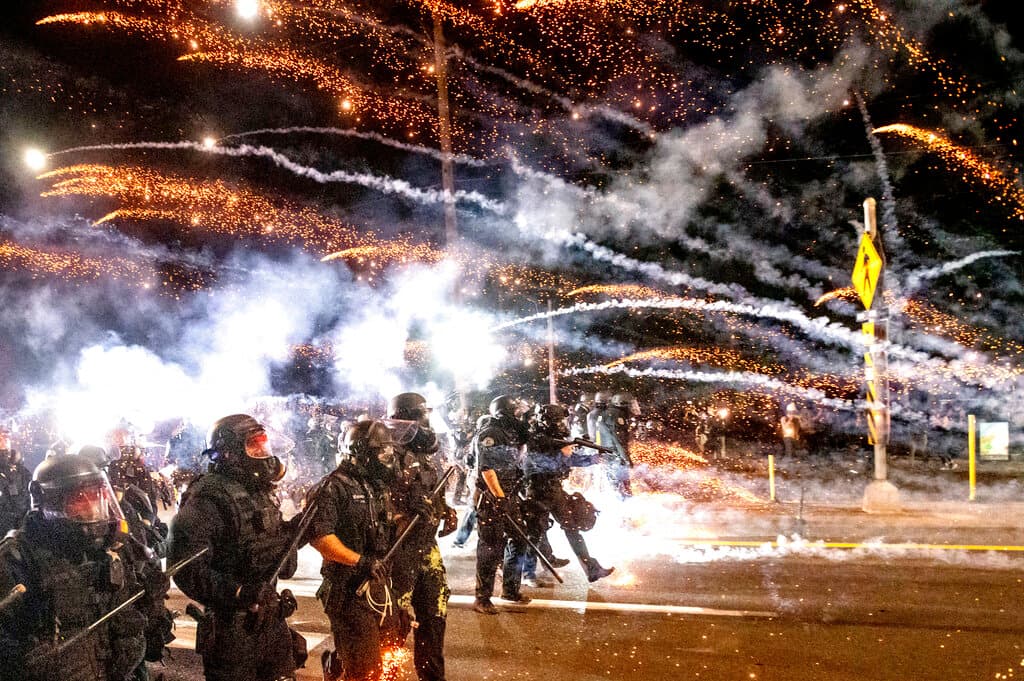In America, It Pays To Protest
Protesters in a number of cities are receiving millions of dollars in settlements from lawsuits against cities where police used force to try and quell the riots, vandalism, and looting that occurred across the country following the murder of George Floyd in 2020.

Protesters who took to the streets following George Floyd’s murder in the spring of 2020 and during similar unrest over racial issues in recent years are beginning to be rewarded for the mayhem they caused in the form of payoffs by cities that they later sued for alleged police brutality.
Please check your email.
A verification code has been sent to
Didn't get a code? Click to resend.
To continue reading, please select:
Enter your email to read for FREE
Get 1 FREE article
Join the Sun for a PENNY A DAY
$0.01/day for 60 days
Cancel anytime
100% ad free experience
Unlimited article and commenting access
Full annual dues ($120) billed after 60 days

